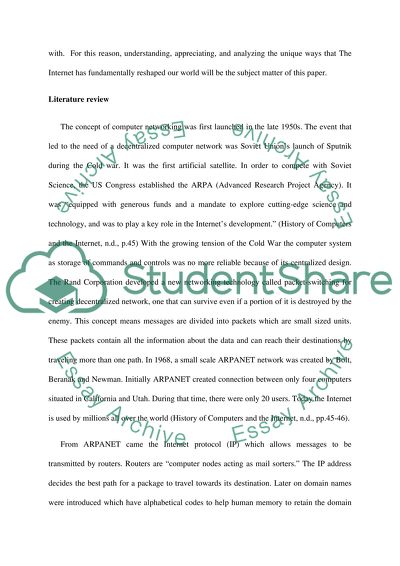Cite this document
(“The economic impacts of the Internet Research Paper”, n.d.)
Retrieved from https://studentshare.org/sociology/1404174-the-economic-impacts-of-the-internet
Retrieved from https://studentshare.org/sociology/1404174-the-economic-impacts-of-the-internet
(The Economic Impacts of the Internet Research Paper)
https://studentshare.org/sociology/1404174-the-economic-impacts-of-the-internet.
https://studentshare.org/sociology/1404174-the-economic-impacts-of-the-internet.
“The Economic Impacts of the Internet Research Paper”, n.d. https://studentshare.org/sociology/1404174-the-economic-impacts-of-the-internet.


